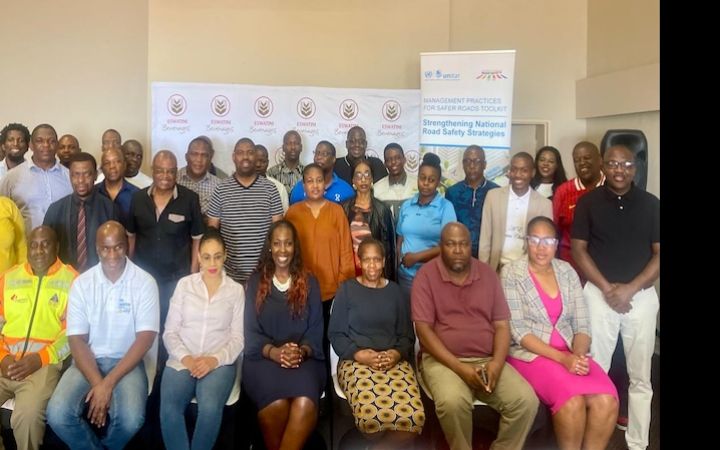A new research report released today by IBAC, the state’s anti-corruption commission, identifies a sample of councils that have built solid integrity frameworks to help protect them from corruption, providing a model for other councils to follow.
IBAC, the Independent Broad-based Anti-corruption Commission, reviewed the integrity frameworks of six Victorian councils and found that while these councils had sound frameworks in place underpinned by good practice in a range of areas, there are also clear opportunities for improvement.
Victorian councils provide a broad range of important public services and maintain considerable public infrastructure, collectively managing approximately $84 billion in public assets and spending around $7 billion on providing services each year.
IBAC CEO Alistair Maclean said the review was undertaken to inform all Victorian councils on what a good integrity framework may look like. It will also support councils to examine their current approaches and identify opportunities to improve their systems, processes and controls to better identify and manage corruption risks.
“We recommend all Victorian councils use the findings from this important review to assess their own integrity frameworks and identify where they can improve,” Mr Maclean said.
“Areas for improvement identified by IBAC in the six councils reviewed, which have broad application to other Victorian councils, included the development and communication of a clear policy on conflicts of interest, a broader consideration of corruptions risks associated with employment practices, and ensuring suppliers understand the probity standards expected of them.
“Corrupt conduct by public sector employees, including council employees, adversely impacts on the delivery of vital services and facilities. It wastes significant time and public money, means there is unfairness in the opportunity to provide services to councils, and damages reputations and community trust.”
The IBAC review also identified that Victorian councils can do more to encourage reporting of suspected corrupt conduct.
“It is critical that councils increase efforts to reassure employees they can be protected and that their report will be taken seriously,” Mr Maclean said.
The IBAC review was conducted on a sample of metropolitan, outer metropolitan and regional councils who agreed to openly share their practices, policies and procedures with IBAC. It was not an audit and the focus was on good practice and potential opportunities for improvement within integrity frameworks. To ensure a focus on integrity frameworks rather than on individual councils, the councils are not identified.
The are available on IBAC’s website.

69cba92a-ea8f-44ce-bfec-4dab42e7e2c0.jpg?sfvrsn=a6461a8c_1)






